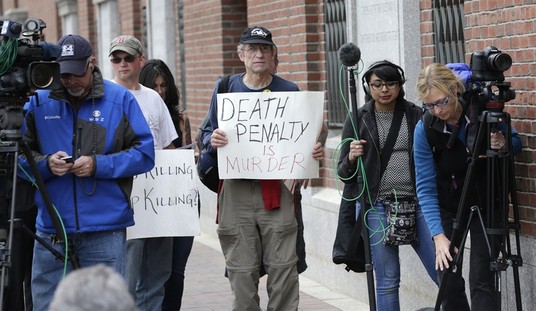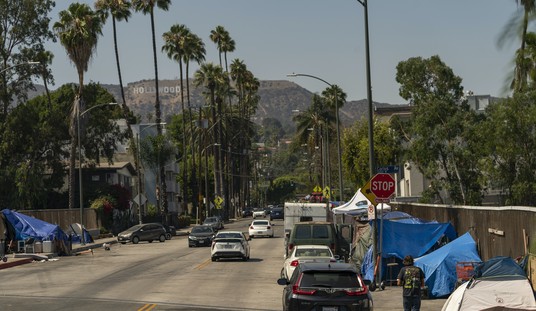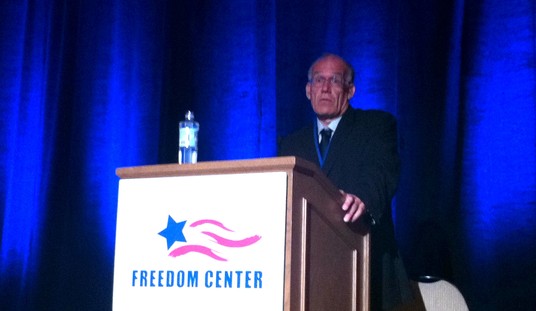The Daily Mail reports Julian Assange asked the court not to disclose his address. “Don’t leak my address”, runs the headline.
WikiLeaks founder Julian Assange tried to hide his bail address from the public in an astonishing move for the man responsible for leaking thousands of diplomatic secrets.
Assange’s lawyers argued that the location – a 10-bedroom stately home – should not be disclosed on grounds of privacy during yesterday’s hearing at City of Westminster Magistrates’ Court.
They are not the only ones looking for addresses. Robert Mackey at The New York Times said “a spokesman for the Taliban told Britain’s Channel 4 …. is scouring classified American military documents posted online by the group WikiLeaks for information to help them find and ‘punish’ Afghan informers.”
Steve Coll, an expert on the region and a former senior editor of The Washington Post, said in a New Yorker podcast on Thursday, “my reading of the disclosure of these informants in the context of Taliban-menaced southern Afghanistan is that people named in those documents have a reasonable belief that they are going to get killed, or — actually the way it works with the Taliban is, if they can’t find you, they’ll take your brother instead.”
Welcome to a world where information kills.
The primary driver of lethality today is information. The deceased Abu Musab al-Zarqawi, formerly of al Qaeda, and architect of numerous attacks in Iraq, knew that his primary defense against the US Armed Forces was not armor, guns or a fortified bunker — all of which could be easily penetrated or overcome by kinetic weapons — but the veil of darkness over his whereabouts. He protected his methods and whereabouts because he depended on keeping these secret for his life. Once they knew where he was, it was over.
The joint task force (Task Force 145) had been tracking him for some time, and although there were some close calls, he had eluded them on many occasions. United States intelligence officials then received tips from Iraqi senior leaders from Zarqawi’s network that he and some of his associates were in the Baqubah area. The safehouse itself was watched for over six weeks before Zarqawi was observed entering the building by operators from Task Force 145. Jordanian intelligence reportedly helped to identify his location. The area was subsequently secured by Iraqi security forces, who were the first ground forces to arrive.
Julian Assange showed the State Department, and to a lesser extent the Department of Defense, just how dangerous information could be. Now he has felt the merest touch of its lash himself. Simply by ordering Assange treated in the usual manner, District Judge Howard Riddle gave him change in his own coin. Now people know where Assange lives … or at least used to. And his abode is scarcely a cheap safehouse in some nondescript district. The Daily Mail continues:
Assange’s lawyers argued that the location – a 10-bedroom stately home – should not be disclosed on grounds of privacy during yesterday’s hearing at City of Westminster Magistrates’ Court.
But the move was dismissed by District Judge Howard Riddle, who ruled not to reveal the address would conflict with Assange’s commitment to open justice.
The judge insisted the address – Captain Vaughan Smith’s Ellingham Hall on the Norfolk/Suffolk border – was read out in open court as usual.
Once information starts dribbling out, all kinds of vulnerabilities emerge. People begin to know who you are and see to their occasional disappointment, that you are just a human being who takes out the trash like everyone else. The Daily Telegraph reports that Assange posted personal messages on dating sites looking for partners. He sought “spirited, erotic” women “from countries that have sustained political turmoil”. It was like displaying his underwear, which is not without its upside. Tracy Quan says Julian Assange was a “chick magnet” because girls like “bad boys”. Jemima Khan and Naomi Wolf just adore him. And face it, who in the non-left can hole up in a 10-bedroom manor instead of sleeping in the gutter and eating out of a trash can? Here’s Assange’s come-on.
Describing himself as a “passionate, and often pig headed activist intellectual”, he said he was seeking a “siren for [a] love affair, children and occasional criminal conspiracy”, He told visitors he was “directing a consuming, dangerous human rights project which is, as you might expect, male dominated” and added enigmatically: “I am DANGER, ACHTUNG”.
Achtung. Sehr gut, mein herr. Danger is what he used to dispense. But the ball is round. And now that Assange has climbed into the ring, he may be dismayed to discover that what is sauce for the goose is sauce for the gander. In the world of Danger Achtung, there are no time outs and no prizes for second best. In an all-out information war, there’s a winner and there’s a loser. Not all of us will want to play in a world where full exposure is the price of an opinion. Which of us — especially journalists — could withstand the power of full disclosure? Our bank balances, whereabouts, credit card numbers, employment histories and personal preferences are all information. Letting all that out would be embarrassing, troublesome and sometimes dangerous.
One of the reasons the Fourth Amendment exists is to prevent the asymmetry in information warfare capabilities between the state and the individual from becoming a source of tyranny. But what if an organization were to acquire nearly the same capabilities as a state? Journalists who have been oohing and aahing over the new era that Wikileaks brings forget that leaks can be turned against the New York Times for example. Which government, corporation or individual could withstand the threat of a Wikileaks disclosure? And would we even be protected from such revelations by the Fourth Amendment? That question can be left to the lawyers, but what the history of all conflict suggests is that in the absence of legal protection from information attack, there’s always deterrence, and failing that, retaliation.
The price of moving into a full Wikileaks world is the cost of making information security and information attack a real market.
Link to Wretchard’s novel “No Way In” print edition
Link to Wretchard’s novel “No Way In” Kindle Edition”










Join the conversation as a VIP Member